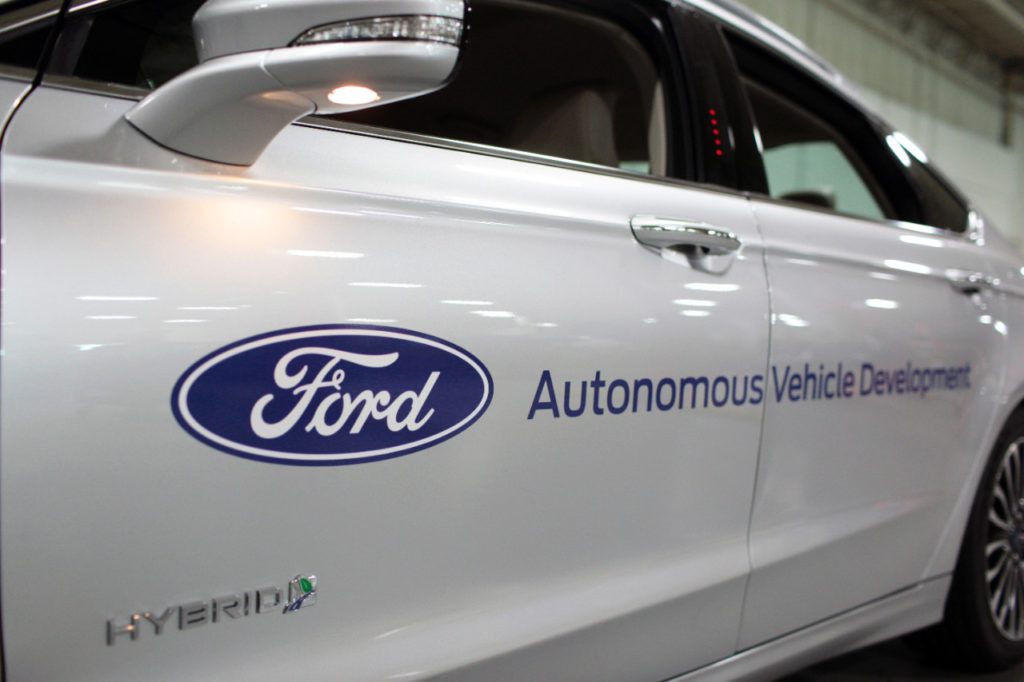Ford struggling to convince over driverless car aspirations as profits fall across regions
28 April 2017

28 April 2017
Ford is floundering in its efforts to convince investors to buy into its autonomous car and ′robo-taxi’ vision, with them looking negatively on high research and development costs in electric vehicles and self-driving tech as first-quarter earnings fall by 42%. Pre-tax profits fell across all core market regions: North America, Europe and Asia-Pacific. American sales fell 5.5% in April in line with natural market decline, but well below General Motors’ market-beating fall of 0.6%. Reduced tax breaks hit Ford’s small engine car sales in China.
CEO Mark Fields is battling to create enthusiasm for his plans to sink billions into autonomous technology as it aims to compete head-on against new auto entrants like Uber and Google’s Waymo. Ford is notable among OEMs for the high proportion of the tech it is developing in-house, rather than other OEMs more heavily reliant on tech leaders in the field such as Intel’s Mobileye and Nvidia; perhaps the answer is to develop deeper partnerships.
In launching a new upcoming endeavour to win over investors, chief financial officer Bob Shanks aims to make a concerted effort to ′paint a picture’, a vision to believe in, of what the business could look like by the middle of the next decade. He is set to outline greater detail over Ford’s plans.
He said: ′It would help investors look beyond this quarter, look beyond this year and see the business is transforming and you really do have to participate or you’ll get left behind.’
Ford warned investors last month that the first quarter would see the sharpest earnings decline this year, with profits also hit by higher commodity prices, currency headwinds including in the UK on Brexit, and lower sales due to reduced deliveries to fleet consumers. To top off the misery, declining used car residual values are hammering results in its financial services unit.
The declining fortunes of US traditional carmakers mirrors the recent success and revival of European OEMs.
Ford’s turbulence in transforming its business as the car industry revolutionises towards electrified cars and self-driving technology is in marked contrast to Tesla, which has now surged to become the biggest carmaker in the US by market value on enormous confidence for its future prospects.
Despite Tesla only posting two quarterly profits in its history, similar to online retailer Amazon’s long low-profit stint, the difference is due to Tesla having a Silicon Valley-style optimistic investor base. The value of Tesla is based on the long-term gigantic potential for the company, which people are willing to pay a lot more for than established profits and cash flow from traditional OEMs.
Regardless of investor pressure, Ford likely has little choice but to take a battering now and persevere in order to ensure it is ready for the future of the industry, with tech companies such as Tesla, Apple and Waymo threatening to dominate the future of the auto industry as autonomous technology rises in prominence. To not invest now risks becoming obsolete as traditional core auto businesses like private ownership decline.
Morningstar analyst David Whiston told Bloomberg: ′If Ford doesn’t do it, Silicon Valley will.’
Photograph courtesy of Ford Motor Company